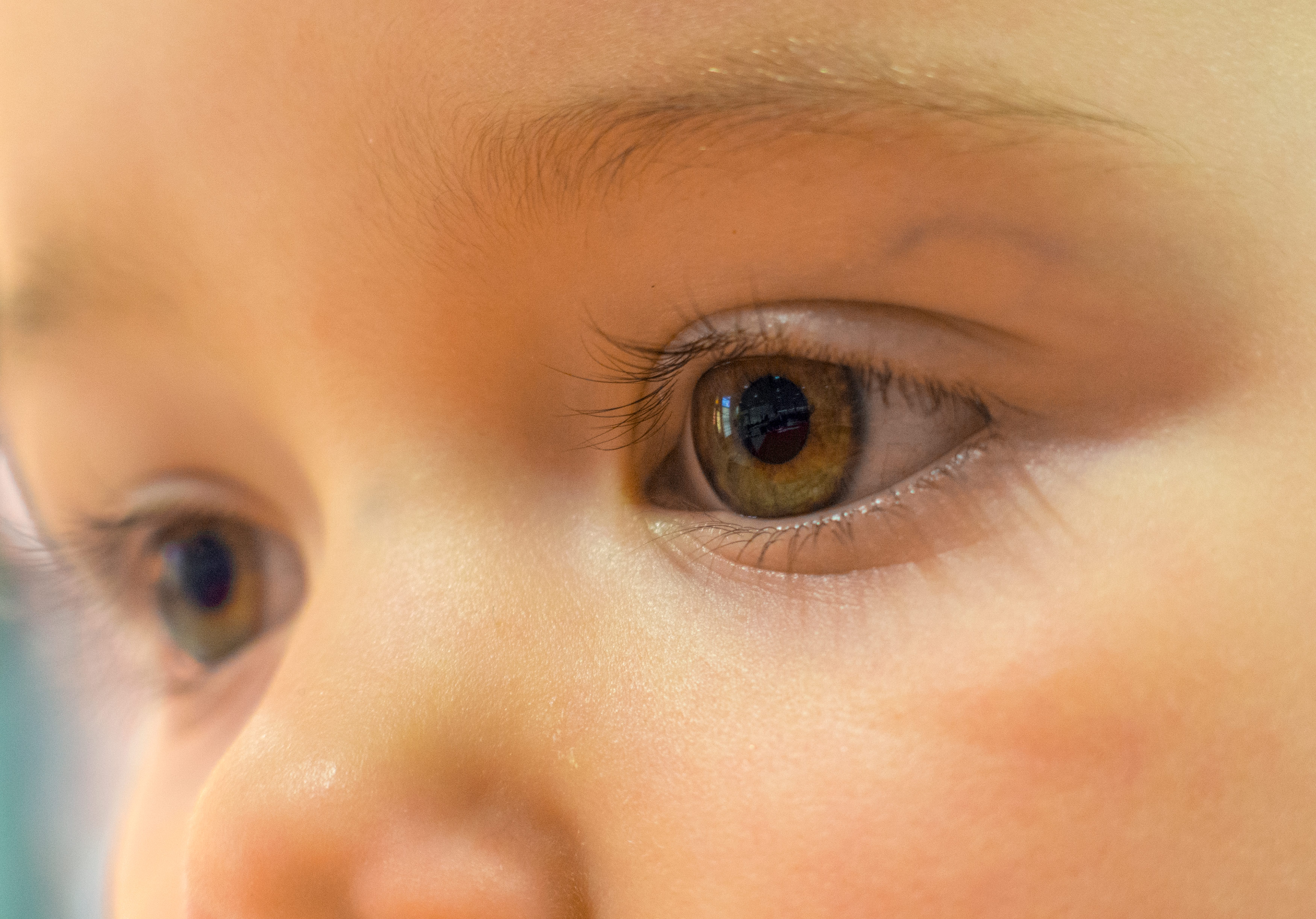 Source: bing.com
Source: bing.comTable of Contents
Introduction
Babies are one of the most precious things in the world. They are small, cute, and innocent. One of the most important things for parents is to ensure that their baby is healthy and developing properly. One of the things that parents often wonder about is when their baby’s eyes are fully developed. In this article, we will answer this question, and provide you with some additional information about your baby’s vision development.
When Are Baby Eyes Fully Developed?
The answer to this question is not straightforward, as there are different aspects to consider when it comes to the development of a baby’s eyes. However, in general, it is safe to say that a baby’s eyes are fully developed by the time they are around two to three years old. At birth, a baby’s eyes are not fully developed. In fact, a newborn’s vision is quite blurry, and they can only see things that are within 8 to 15 inches from their face. This is why newborns tend to focus mostly on their mother’s face, as it is the closest thing to them, and they can see it more clearly than anything else.As the baby grows and develops, their eyes also grow and develop. At around two to three months old, a baby’s eyes begin to focus more clearly, and they start to develop hand-eye coordination. By six months old, a baby’s eyes should be working together, and they should be able to see colors and shapes more vividly. By the time a baby is around eight months old, they will have developed depth perception, which means they can judge distances more accurately. This is important for crawling and walking, as it allows the baby to navigate their environment more safely.
Factors that Affect Eye Development
There are several factors that can affect a baby’s eye development. Genetics play a role in eye development, so if there are any eye conditions in the family, it is important to be aware of them. Premature birth can also affect a baby’s eye development. Premature babies are at a higher risk for developing a condition called retinopathy of prematurity (ROP), which is when the blood vessels in the retina grow abnormally. This can lead to vision problems, and in severe cases, blindness. Nutrition is also important for eye development. A baby’s diet should include nutrients like vitamin A, which is important for vision. Breast milk is a good source of vitamin A, but if a baby is not being breastfed, it is important to ensure that they are getting enough of this nutrient from their formula or solid foods.
Signs of Eye Problems in Babies
As a parent, it is important to be aware of the signs of eye problems in babies. Some signs to look out for include:- Persistent tearing or discharge from the eyes- Red or swollen eyes- Sensitivity to light- Eye rubbing or squinting- Crossed eyes or eyes that don’t move together- Cloudy or blurred visionIf you notice any of these signs, it is important to consult with your pediatrician or an eye doctor. Early detection and treatment of eye problems can prevent more serious vision problems later on.
Conclusion
In conclusion, a baby’s eyes are fully developed by the time they are around two to three years old. However, their vision develops gradually over time, and there are several factors that can affect eye development. As a parent, it is important to be aware of the signs of eye problems in babies, and to consult with a doctor if you have any concerns.
Frequently Asked Questions
Q: Can a baby’s eyes change color after birth?
A: Yes, a baby’s eye color can change after birth. Most babies are born with blue or gray eyes, but their eye color can change as they grow older. The final eye color is usually determined by the age of three.
Q: How do you test a baby’s vision?
A: A pediatrician can test a baby’s vision by using special tests that measure how well the baby can see objects, colors, and shapes.
Q: Is it normal for a baby’s eyes to cross?
A: It is common for newborns to have crossed eyes, but this usually goes away by the time the baby is six months old. If your baby’s eyes continue to cross after six months, it is important to consult with a doctor.
Q: Can watching TV harm a baby’s eyes?
A: Watching TV or using electronic devices does not harm a baby’s eyes, but it is important to limit the amount of screen time a baby has. Screen time can interfere with sleep and can also affect a baby’s development in other ways.
Q: At what age should a baby have their first eye exam?
A: The American Optometric Association recommends that babies have their first eye exam at six months of age. This exam will test for any vision problems or eye conditions that may affect the baby’s development.
